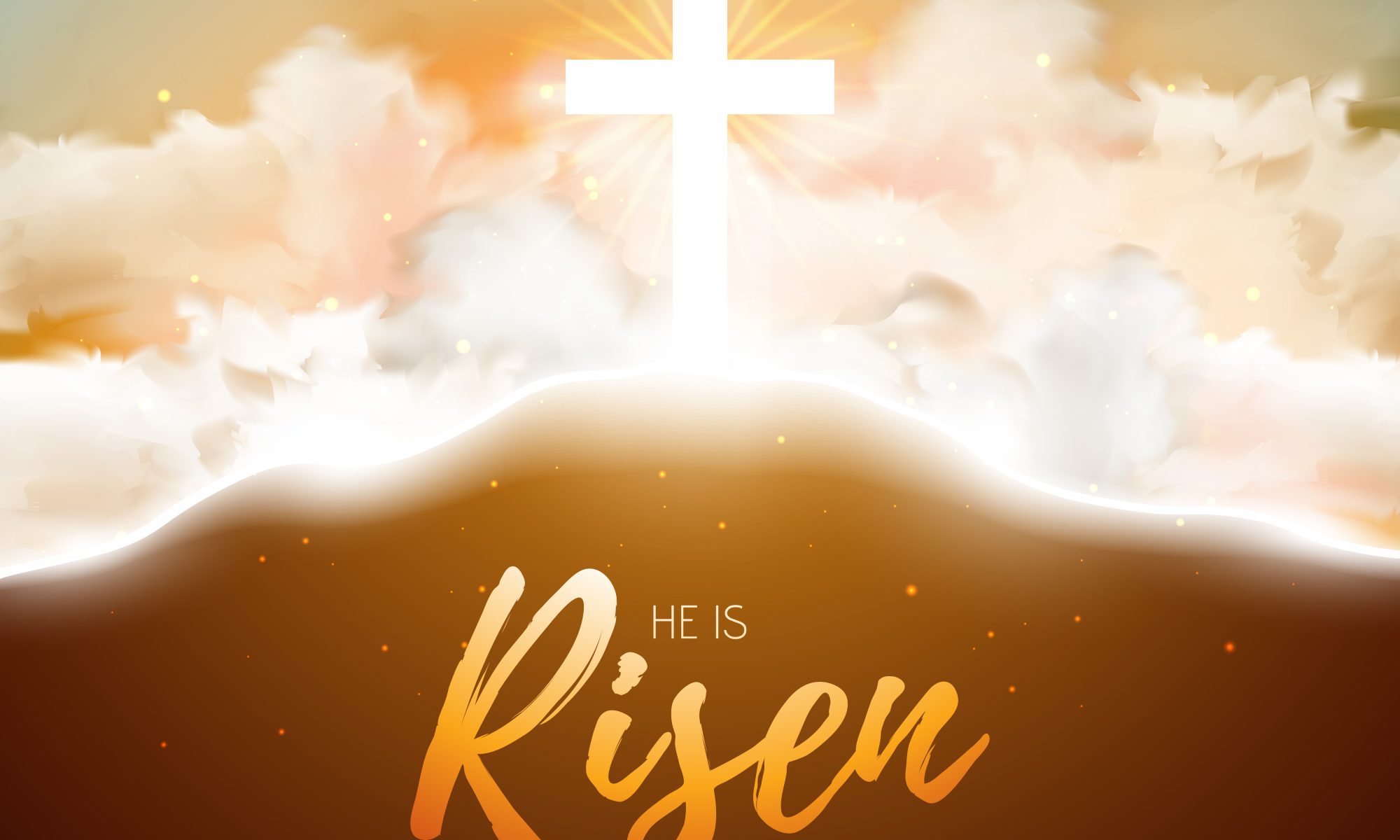Preamble:
The subject of prayer is an ancient principle and practices across many religions, including Christianity.
Our focus today is to understand the sufficiency of prayer to the children of God, and we are being encouraged to believe in the efficacy of prayer so as to embrace it.
Many dimensions to prayer do exist today:
- The prayer of the righteous is important to God, but He detests that of the sinner – James 5:16; Psalm 34:17; Proverbs 28:9; John 9:31.
John 9:31 (KJV)- Now we know that God heareth not sinners: but if any man be a worshipper of God, and doeth his will, him he heareth.
James 5:16 NKJV-Confess your trespasses to one another, and pray for one another, that you may be healed. The effective, fervent prayer of a righteous man avails much.
- This implies that the earnest, fervent prayers of a person who is in right standing with God are highly effective and powerful
- Many believe that prayer works, but may be not for all
Redemption is a precursor of access to God:
- One of the key assets we received following the perfect work of redemption is access to Christ.
Ephesians 2:18-19 (KJV)- For through him, we both have access by one Spirit unto the Father. Now therefore ye are no more strangers and foreigners, but fellow citizens with the saints, and of the household of God;
- The death and resurrection of Jesus give us unhindered access to approach the throne of grace as many times as any children of God desires – Hebrews 4:16 (KJV)
Hebrews 4:16- Let us therefore come boldly unto the throne of grace, that we may obtain mercy, and find grace to help in time of need.
Hebrews 10:19-22- “Therefore, brothers and sisters, since we have confidence to enter the Most Holy Place by the blood of Jesus… let us draw near to God with a sincere heart and with the full assurance that faith brings…”
- The onus is now on His children to come- Psalm 65:2.
- This scripture highlights God’s willingness to listen to and respond to the prayers of His people( Jeremiah 33:3; Matt. 11:28
The Prayer That Works Vs Failed Attempt Matthew 17: 14-18 & 19-21:
The encounter here affirms the efficacy and the essentials of prayer as demonstrated by Jesus, the master.
No doubt there are results of prayer that filled the pages of the Scripture and are still happening till today, namely
Communication with God- Philippians 4:6-7, by prayer and petition, with thanksgiving, present your requests to God.”; 1 Thessalonians 5:17: “Pray continually.”
Seeking Guidance- Proverbs 3:5-6; James 1:5: “If any of you lacks wisdom, you should ask God, who gives generously to all without finding fault, and it will be given to you.”
Experiencing God’s Power- Matthew 21:22: “If you believe, you will receive whatever you ask for in prayer.” Mark 11:24*: “
Deepening Relationship –Psalm 119:145-146; John 15:7:
Spiritual Growth– 2 Peter 3:18: “But grow in the grace and knowledge of our Lord and Saviour Jesus Christ.” 1 Timothy 4:7-8:
Comfort and Peace- Philippians 4:7*: “
But the disciples didn’t experience answered prayer – Why?-
Let’s examine Jesus’ response and draw lessons from it.
1. Learning to seek and enquire of Him pays- vs 19 . Isaiah 45:15
2. Faith is Essential: Faith is crucial for effective prayer and spiritual ministry. (Matthew 17:20). Diverse dimensions of faith apply to our lives as children of God. Little faith, growing faith, a daring faith, etc
3. Persistence in Prayer is Necessary: Prayer is essential for daily living to overcoming challenges (Matthew 17:21).
4. Fasting Enhances Spiritual Power Fasting, combined with prayer, can enhance spiritual power and effectiveness (Matthew 17:21). The essence of fasting is discipline .
Fasting must be an acceptable one- Isaiah 58:1-11.
5. Come to Him in totality Heb.5:7; Heb.10:22-23



